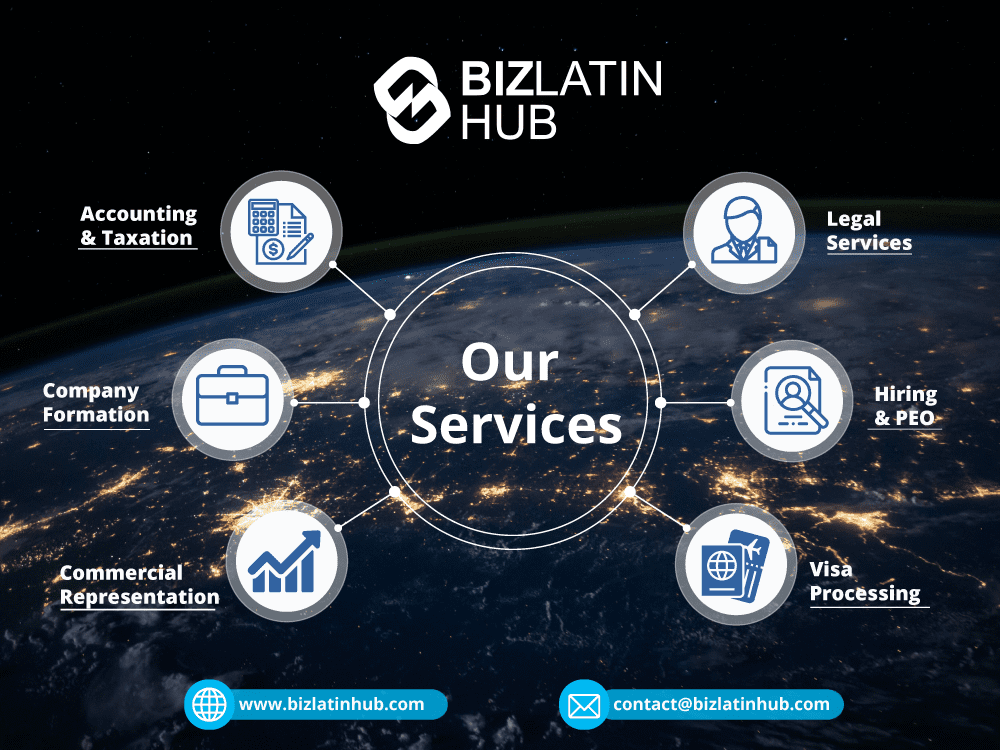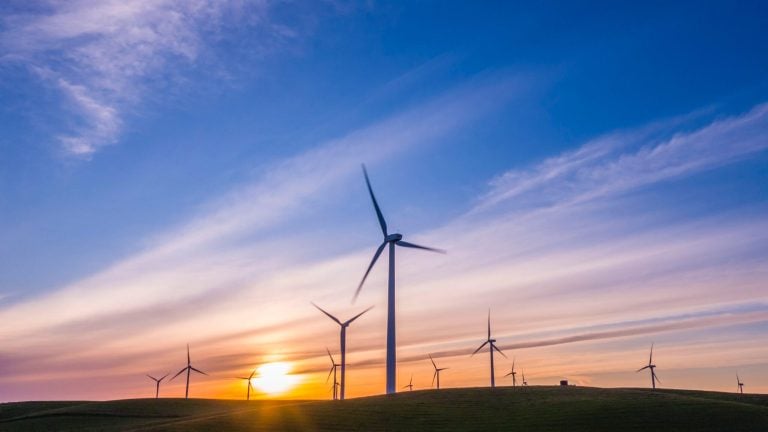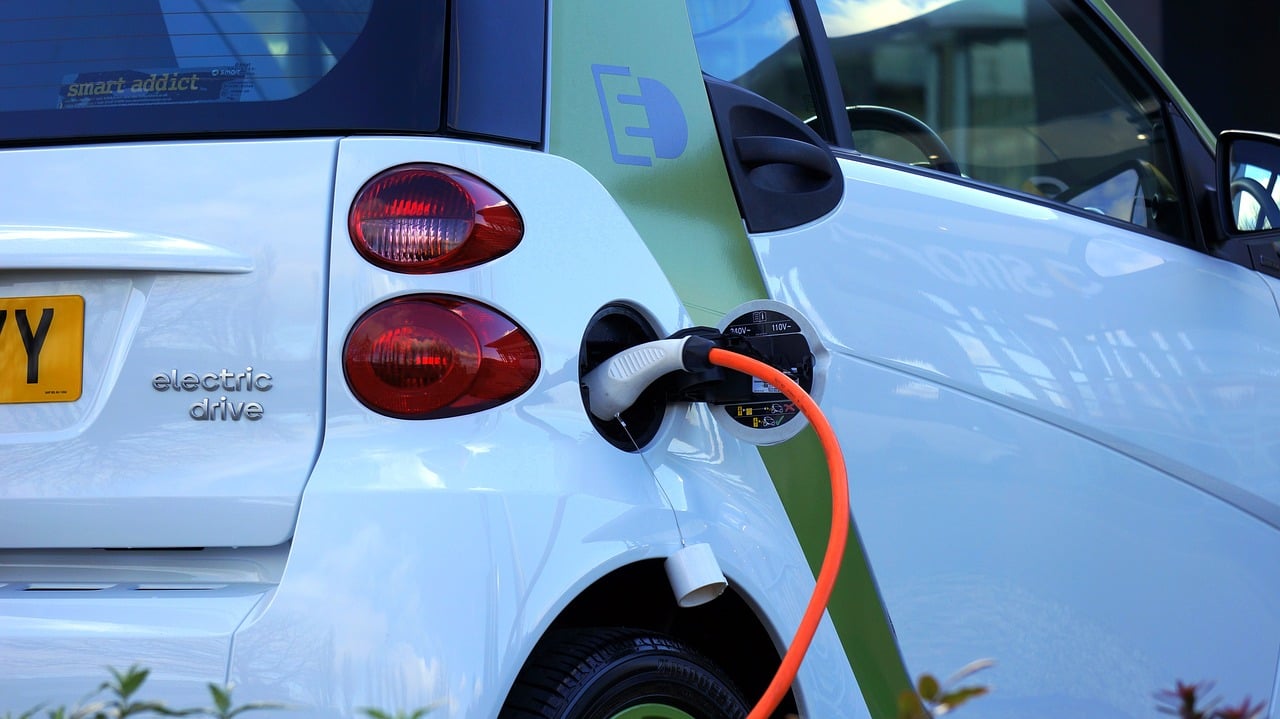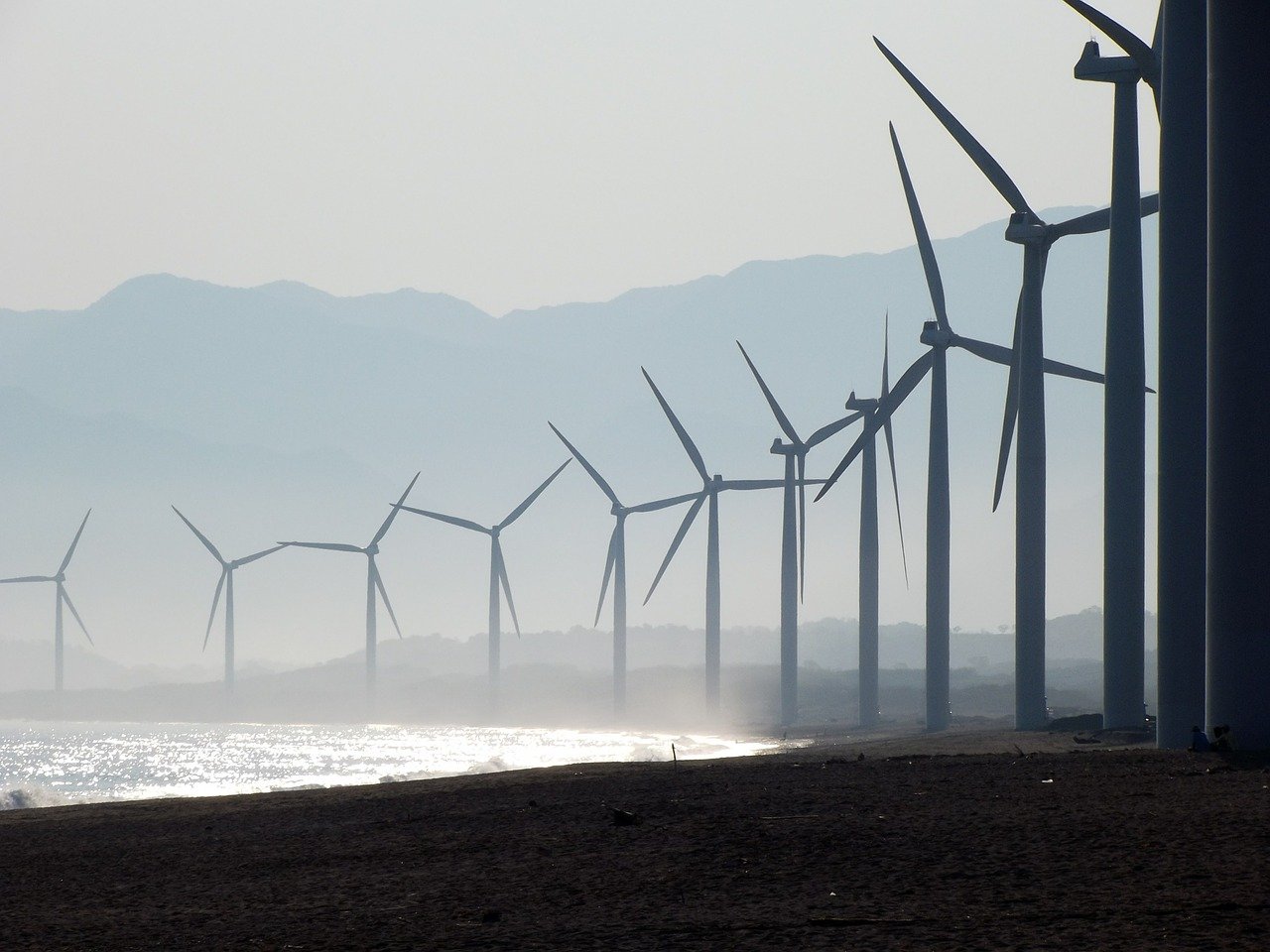The issuance of the first Dominican Republic green bond was met by a clamor from investors, with demand reportedly more than 15 times higher than supply for the first $20 million tranche of a $100 million bond that will fund the expansion of renewable energy production (all figures in USD).
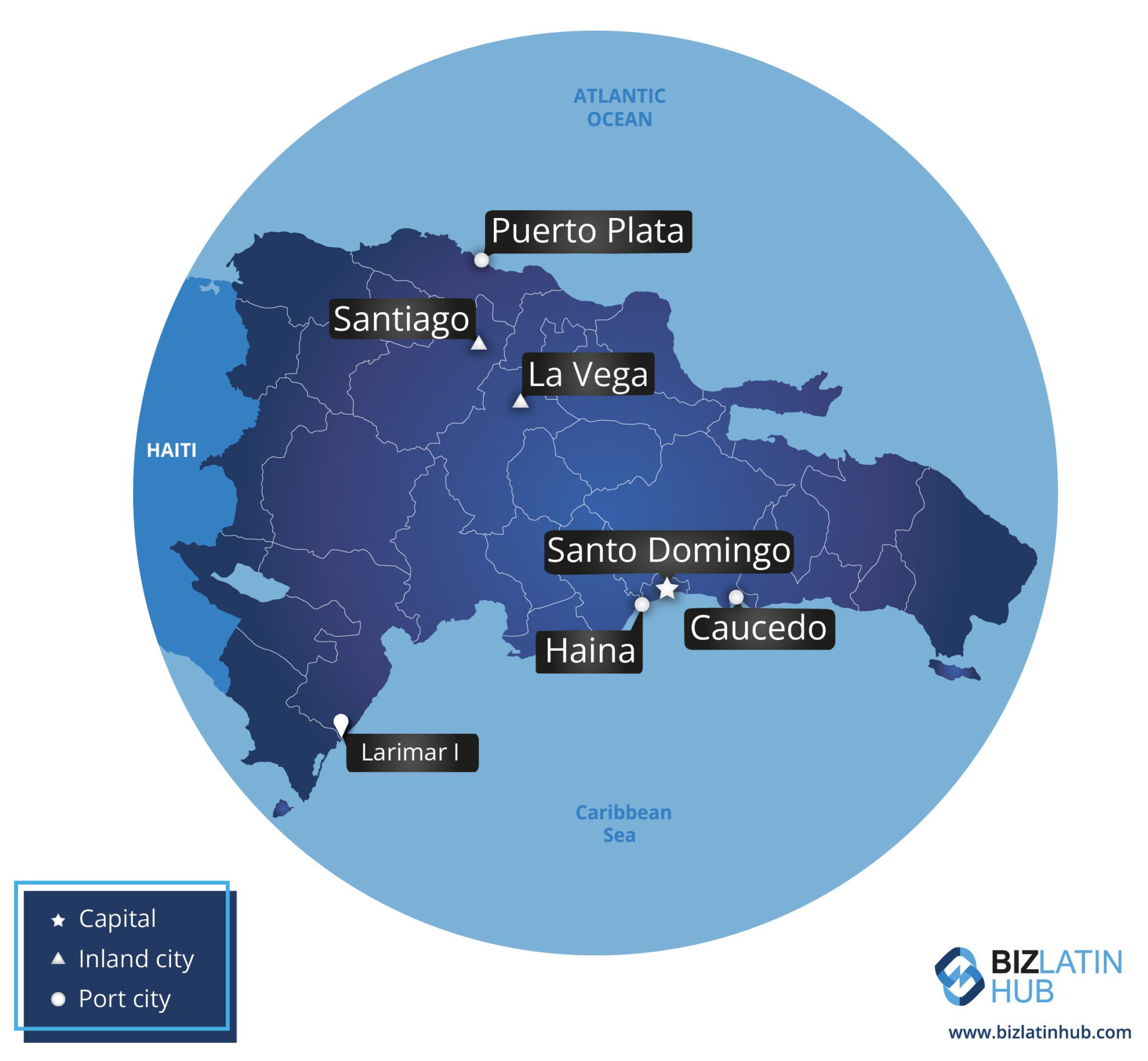
The green bond was issued to raise cash for Domincan energy company EGE Haina in support of the expansion of its Larimar I wind farm, located in the country’s southwestern Barahona Province. The Dominican Republic green bond is being handled by financial institution Grupo Popular, the parent company of major bank Banco Popular.
According to a Grupo Popular press release published in the local press, the first $20 million tranche went on the market on December 29 offering a fixed interest rate of 5.15% distributed in two million trust-preferred securities, with the main asset underpinning the Dominican Republic green bond reportedly made up of economic rights for the wind farm.
SEE ALSO: Find a Corporate Lawyer in the Dominican Republic
The Larimar I wind farm was inaugurated in 2016 and currently has 15 wind turbines producing 200,000 megawatt hours (MWh) of renewable energy per year — reducing the country’s annual demand for oil by 335,000 barrels.
Larimar I was initially developed with an investment of $118 million, and this first Dominican Republic green bond is slated to increase the wind farm’s total installed capacity by nearly 68%, from 176.5 MW to 296.5 MW.
First Dominican Republic green bond issued as sustainability awareness rises
The issuance and heavy demand for the first Dominican Republic green bond is indicative of a growing interest in sustainability and green investment throughout Latin America.
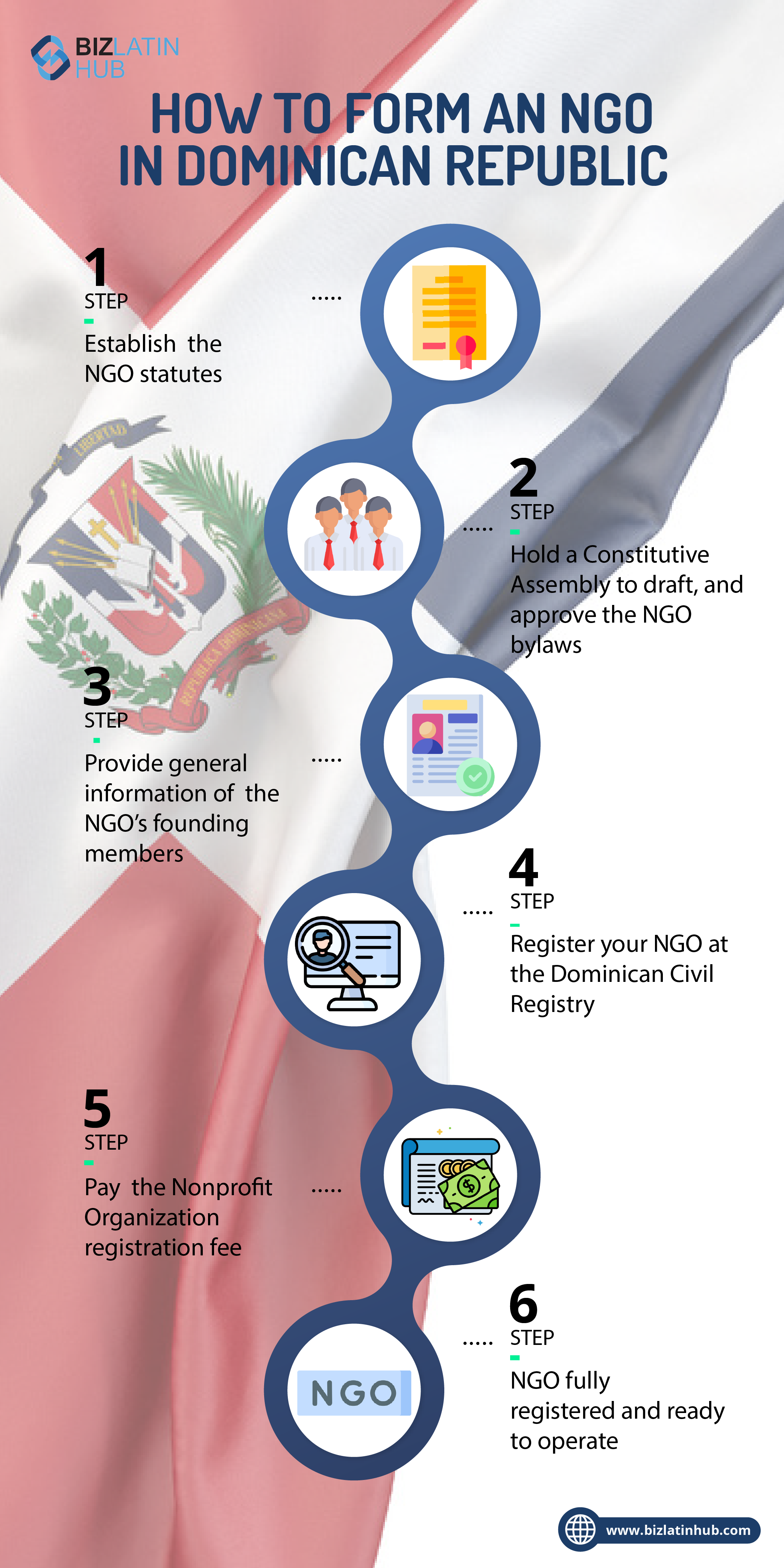
Green bonds are funds raised with the expressed intention of providing financing or refinancing for projects that have an environmental impact or will develop a socially responsible asset. That can range from projects promoting renewable energy and electric transport to restoring ecosystems, and also includes the likes of developing carbon capture technology.
The first Dominican Republic green bond came just months after the issuance of Latin America’s first blue bond — a similar financial mechanism to a green bond, but which is specifically intended to be spent on coastlines, fresh water sources, and waterways.
Amid growing awareness in the region of the negative effects of climate change, governments in the region are placing increasing emphasis on the development of economies focused on sustainability — with Costa Rica’s “green protocol” promoting the financing of environmentally-friendly innovation a prime example.
Meanwhile, sustainability consciousness can also be seen in consumer habits in the region, with Costa Rica recently reporting an increase in demand for eco-friendly housing, while the electric car market continues to grow steadily in many key economies.
While Costa Rica has traditionally been known as a major eco-tourism destination, other countries with major tourism industries have begun catering to the growing number of tourists seeking out vacations with a focus on sustainability and the environment, and the Dominican Republic has become an increasingly popular destination for such activities.
The growing awareness of the importance of sustainability has also come at a time when the tech and startup scene in the region is growing exponentially, with many companies focused on developing products and services providing a social good, including a wide range of sustainable packaging and meat alternative startups inspired by the need to reduce waste and emissions.
Dominican Republic a strong prospect for investment
The Dominican Republic has been an increasingly popular destination for foreign direct investment (FDI) over the past three decades, after the government began to open up the economy in the mid-1990s. As a result, FDI increased more than ten-fold between 1994 and 2019.
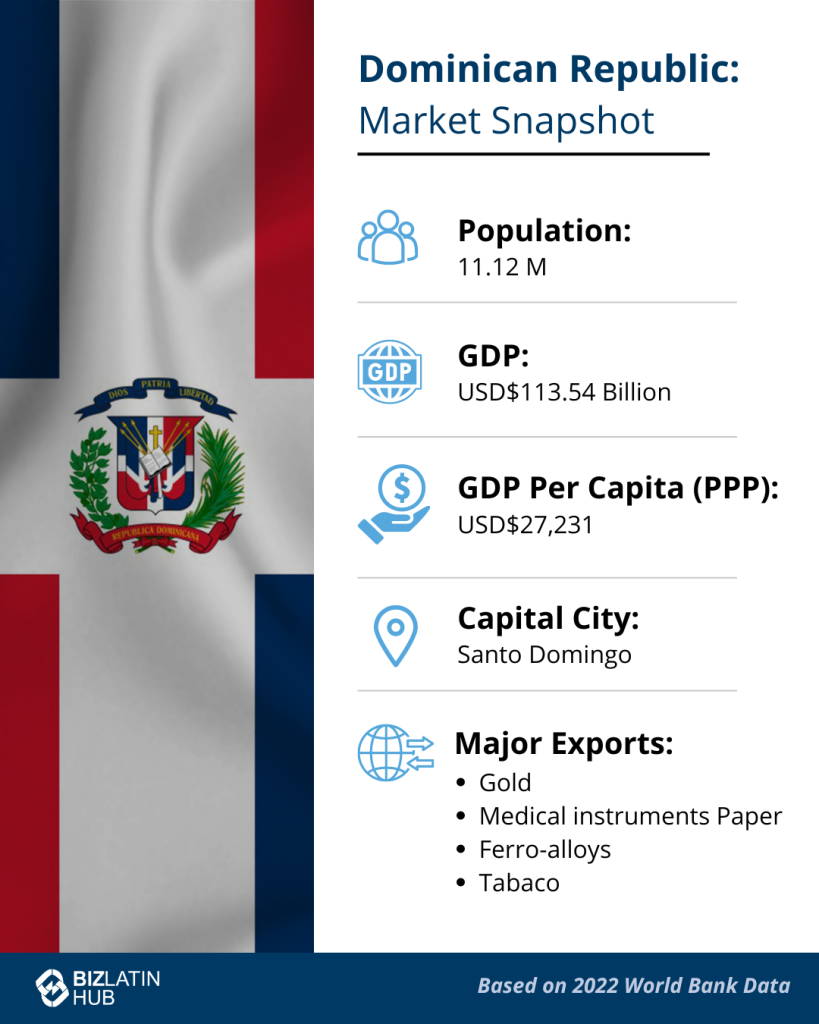
While the Dominican economy was severely affected by the COVID-19 pandemic in 2020, it bounced back in 2021, with the World Bank highlighting it as one of the strongest growing markets in the region.
Prior to the pandemic, the Dominican Republic had seen exponential economic growth in the 25 years up to 2019, with FDI as a percentage of gross domestic product (GDP) more than doubled in that period as the countryattracted increasing foreign investment.
Being the eighth-largest economy among Latin American nations, the Dominican Republic has easily the largest economy of any independent country in the Caribbean, although the US territory of Puerto Rico registers a higher level of GDP.
Among a number of draws for investors, the Dominican Republic has an extensive network of free trade zones (FTZs), offering enticing tax incentives and currently hosting close to 700 companies around the country.
Many businesses based in FTZs are involved in manufacturing, with key export goods including clothes, medical equipment, and electrical machinery. An increasing number of companies engaged in the growing innovation and call center industries are also basing themselves in these areas.
The Dominican Republic also produces a wide range of agricultural goods for export, including tobacco, fruits, and nuts, while gold is the number one export product by value — which leapt 80% earlier this year.
Biz Latin Hub can assist you in the Dominican Republic
At Biz Latin Hub, we provide integrated back-office service to corporations and investors entering and doing business in Latin America and the Caribbean. Our comprehensive portfolio includes company formation, accounting & taxation, corporate legal services, visa processing, and hiring & PEO, meaning that we can provide tailored packages of services to suit every need.
With offices in 18 markets, our unrivaled reach around the region, which includes teams in all key investment markets in mainland Latin America, means we are ideally suited to supporting multi-jurisdiction market entries and cross-border operations.
Contact us today to find out more about how we can assist you doing business in the Dominican Republic.
Or read about our team and expert authors.
